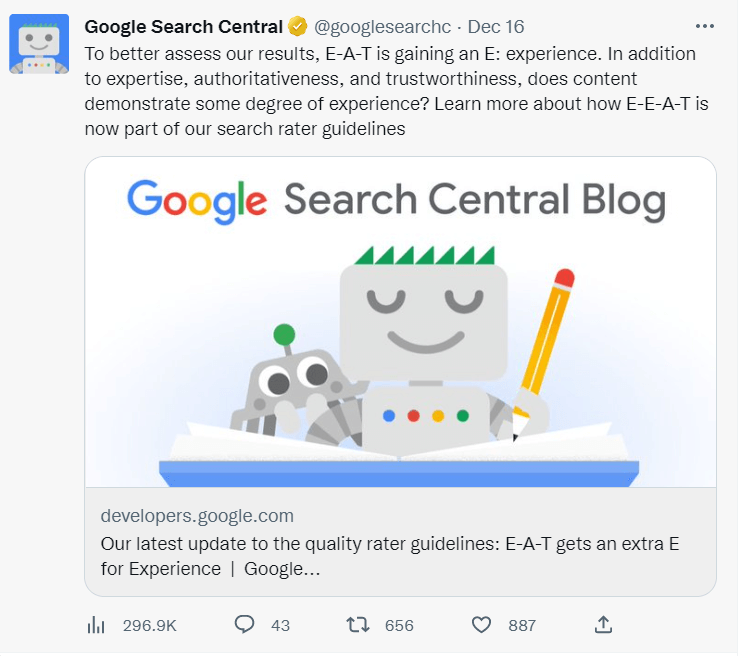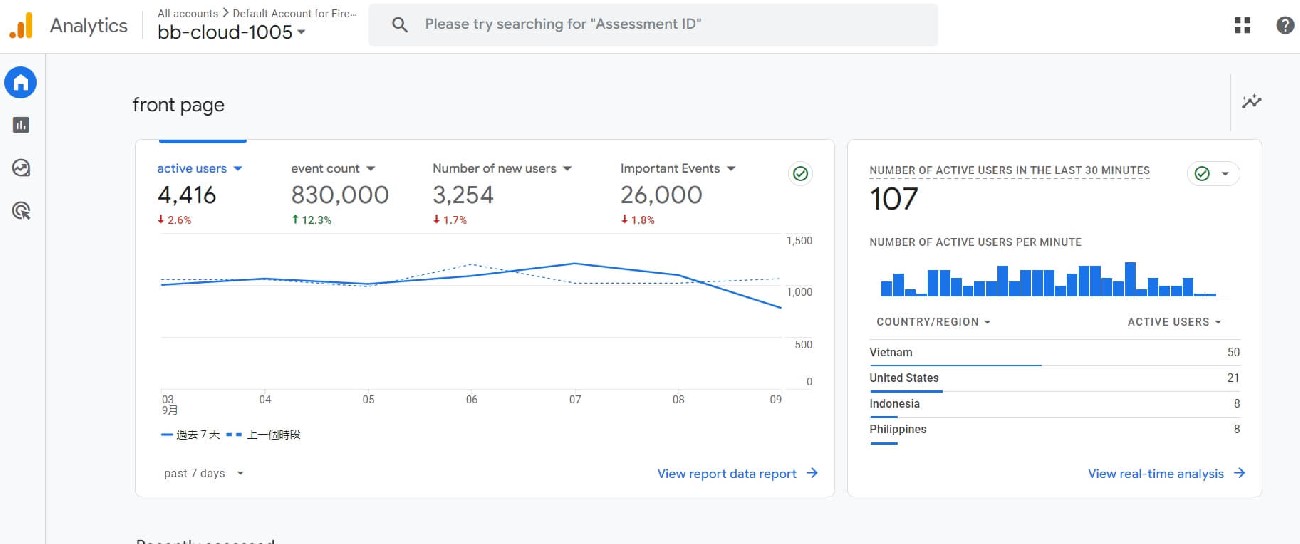1. Target the Right Keywords
Targeting the right keywords is crucial to bringing more organic search traffic to your website.
Before you proceed with creating content, be sure to conduct keyword research. Identify the best keywords for which your website should aim to rank.
2. Perform a Keyword Gap Analysis
A keyword gap analysis involves comparing multiple competitor domains to find keywords they are ranking for, but your website is not.
In other words: missed opportunities.
3. Ensure Your Content Matches Search Intent
If you want your website content to rank, you need to ensure it matches the search intent (the reason users enter a specific search query).
Your content should help searchers accomplish what they set out to do.
4. Present Content from a Unique Perspective
While high-ranking pages can help you identify what kind of content to create for targeting specific keywords, you don’t want to simply replicate what other websites are doing.
5. Make Your Content Easy to Read
Now that you know you need to create unique and engaging content that matches search intent, it’s important to make it easy to digest. If people find it too difficult to read, they won’t engage with it.
6. Optimize for Featured Snippets
Featured snippets are excerpts of webpage text that sometimes appear at the top of search results. They often answer a specific question.
7. Use Short, Descriptive URLs
Short, descriptive URLs help users understand what the page is about at a glance.
They also look better on search results pages and encourage users to trust and click through to your page.
8. Ensure Your Website Loads Quickly
Page speed has been a ranking factor for both desktop and mobile search for many years.
It’s easy to see why—fast-loading websites provide a better user experience, which is a top priority for Baidu.
9. Strategically Use Internal Links
You likely already (or should) be using internal links. These are links pointing to different pages on your website.
10. Avoid Orphan Pages
Orphan pages are pages on your website that aren’t linked to from anywhere else. Having such pages can lead to several issues.
11. Fix Broken Links
Broken links refer to links that point to pages that no longer exist.
The two most common causes of broken links are:
Deleting pages without removing the links pointing to them.
Changing a page's URL without setting up the proper redirects.
Having a lot of broken links on your website can frustrate users and create a poor page experience.
12. Regularly Update Your Content
Keeping your content updated ensures that it remains relevant and useful to your audience.
13. Create Topic Clusters
Topic clusters are a method of organizing content and establishing authority by covering a topic comprehensively.
Each topic cluster should have a pillar page—a page that covers a single topic in depth. Each pillar page should be supported by cluster pages, smaller pages covering subtopics.
14. Obtain High-Quality Backlinks
Backlinks are links from one website to another. They are essential for building your website’s authority.





